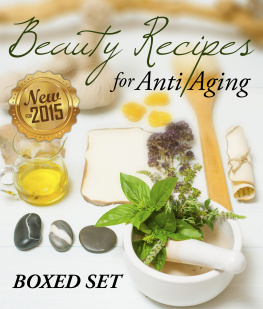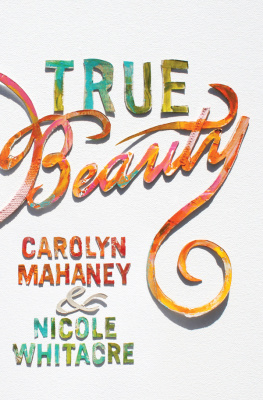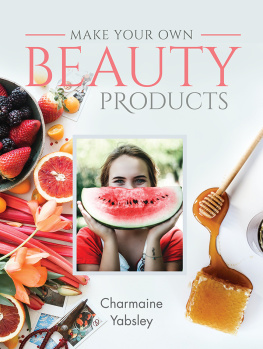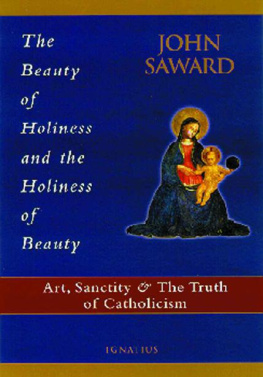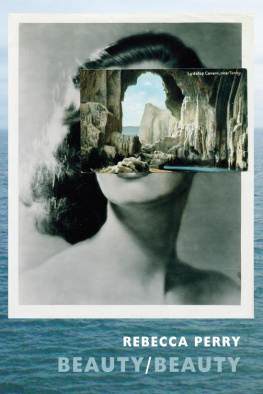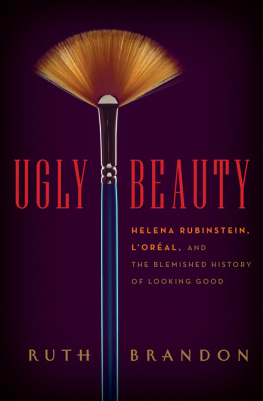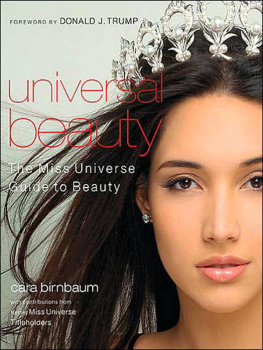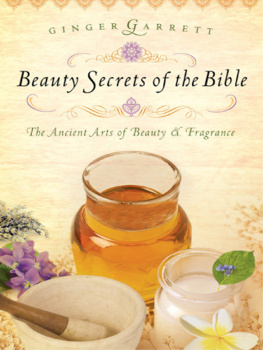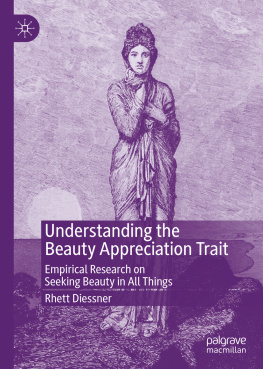Table of Contents
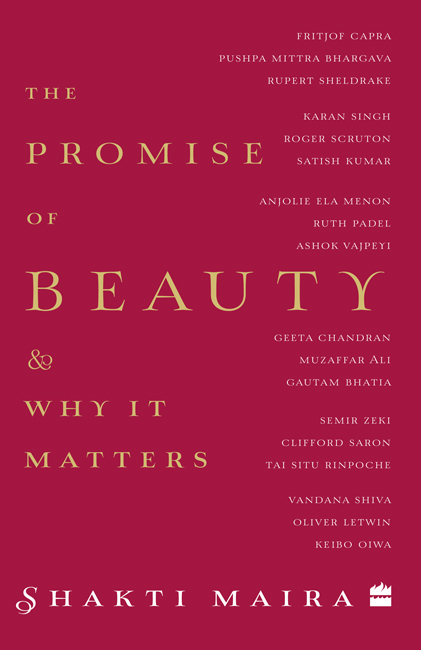


HarperCollins Publishers India
It seems to me that the experience of beauty may arise when the proportions and rhythms we perceive mirror our own bodily (and especially neural) proportions and rhythms very closely.
Fritjof Capra
This intrinsic sense of beauty, the ability to go through an aesthetic experience, has given humans a strong evolutionary advantage.
Pushpa Mittra Bhargava
Any object, any creation, any work of art, any philosophy should be true, should be auspicious, and should be beautiful.
Karan Singh
Beauty is in the eyes of the beholder is a superficial statement that objectifies beauty. It reduces beauty to just the way something looks.
Satish Kumar
Where you see beauty depends on how you look.
Ruth Padel
It is the human creative imagination which discovers and fabricates beauty.
Ashok Vajpeyi
It is very important to be familiar with beauty, to know beauty. Anything unfamiliar would probably be exotic, not beautiful.
Geeta Chandran
Human-made ugliness is the biggest concern of our society, particularly in India. Wherever the balance has gone wrong, ugliness has set in.
Muzaffar Ali
I think it is easier to approach beauty through a denial of ugliness or rather an obliteration of ugliness. Ugliness has an important role to play not only in helping to define beauty but as a counterpoint, a realization of what not to do.
Gautam Bhatia
Neuroaesthetics does not try to explain beauty but asks instead what the neural conditions are that make the experience of beauty possible.
Semir Zeki
I think that when you settle your mind into its natural state and you cultivate an appreciation for its unfolding nature, the experience that arises is that it is beautiful.
Clifford Saron
Let me tell you one extreme thing. We all have to die one day. If you are able to die smiling, thats beautiful.
Tai Situpa Rinpoche
When I go into the field, I can make out what the state of ecological health is just by looking, and where there is beauty, I know things are well!
Vandana Shiva
I am absolutely convinced that when people live in beautiful surroundings, they are more likely not just to be happier but also to be more attentive at work, less inclined to commit crimes, and so on.
Oliver Letwin
The term slow beauty raises the questions: What is the relationship between beauty and efficiency? Between beauty and speed? Between beauty and progress?
Keibo Oiwa
CONTENTS
A round the world, the preoccupation with economic growth seems to have created a rather topsy-turvy type of progress. There has been an enormous increase in the production, trade and consumption of material goods, but simultaneously, a disturbing degradation of our physical and social environments. These have become more polluted, less balanced and healthy; and disproportions, inequalities and tensions in them have grown. We find a loss of harmony and beauty at many levels. And, as an artist, I have watched beauty being dismissed and conceptually banished from the arts with dismay.
Why, I wonder, are more people not bothered by this proliferation of ugliness around us? Why are we not demanding greater beauty from the people who manage our societies, the politicians and administrators, from our artists and builders, from our neighbours, and indeed, ourselves?
When I began to talk to people about this, I found that though most people are troubled by the loss of beauty in their lives, they dont quite know how to articulate it or actually even think about what beauty is and why it matters. There are several reasons for this.
The word beauty has lost its clarity. In everyday language, it has become a mere synonym for attractiveness and prettiness. It is often used as a general and amorphous adjective, interchangeably with good, pleasing, terrific, wonderful, great and excellent. We might say we had a beautiful meal and mean that it was delicious, or we had a beautiful day and mean that everything went rather well, or we might say that was a beautiful goal or a beauty of a catch in talking about a football or cricket match when we meant it was a skilful goal or a difficult-to-make catch. The word has even been used to describe bombs and wars it was a beautiful war or its a beauty of a bomb!
The idea of beauty has also become very superficial. Is beauty skin-deep? is a question that has been asked and, for all practical purposes, the answer we seem to have collectively given is yes. It is exactly where we seem to locate beauty: on the surface of things, on the visible form, and even, quite literally, on the skin. A publisher I met a few years ago on a trip to the UK didnt seem at all perturbed about titling a new book he was publishing on cosmetics and skin care, Holistic Beauty.
Two other points need to be made about this widespread confusion about beauty. One is the subjectivity associated with beauty and captured by the popular adage: beauty is in the eye of the beholder'. The other is the valid need to resist the idea of fixed and inviolate definitions of beauty that qualify some things and some people as beautiful and others not, with all the attendant problems of who decides what or who is beautiful and the culture, race, and gender issues that are wound up with the idea that beauty is fixed and definable. It isnt. These issues of the slippery subjectivity of beauty and the tyranny of absolutism in beauty are, in a sense, related misunderstandings. Is beauty subjective? Yes, it is. But that does not diminish its importance. That is the fallacy of a world view that gives undue importance to the non-subjective, the measurable and the absolute. A world view that has been out of touch with the dynamic, changing, interlinked and relational reality of the world and one that is, I think, beginning to recede.
There are signs of a renewed interest in beauty and some efforts are being made to revive the place of beauty in our lives beyond the limited confinement of beauty salons and cosmetic products. This book is part of this movement for change. It makes the case that by making our world and our lives more beautiful, we will solve many of the systemic problems we face today: the growing environmental crisis, an economic system that leads to increased disparities of income, wasteful consumption, and the depletion of resources our children will need in the future.
To explore what beauty is and why it matters, I thought it would be best to do it through a series of dialogues with accomplished scientists, philosophers, art practitioners, social thinkers and activists from many cultures. The common thread that brings these eighteen eminent people together is that all of them have expressed a concern for beauty in their work or writings. In talking to them, we get a chance to examine and understand beauty from diverse, multidisciplinary, and cross-cultural perspectives.
I discuss with them whether beauty is a property of things or an entirely subjective experience, what the types and levels of beauty are, the triangulation of beauty with truth and goodness in Western philosophy and Asian cultures, the role of harmony, balance, proportion and rhythm in beauty, and the place of beauty in art. We talk about the agency of beauty in nature and in human systems, how beauty can be cultivated and also what inner beauty is.


